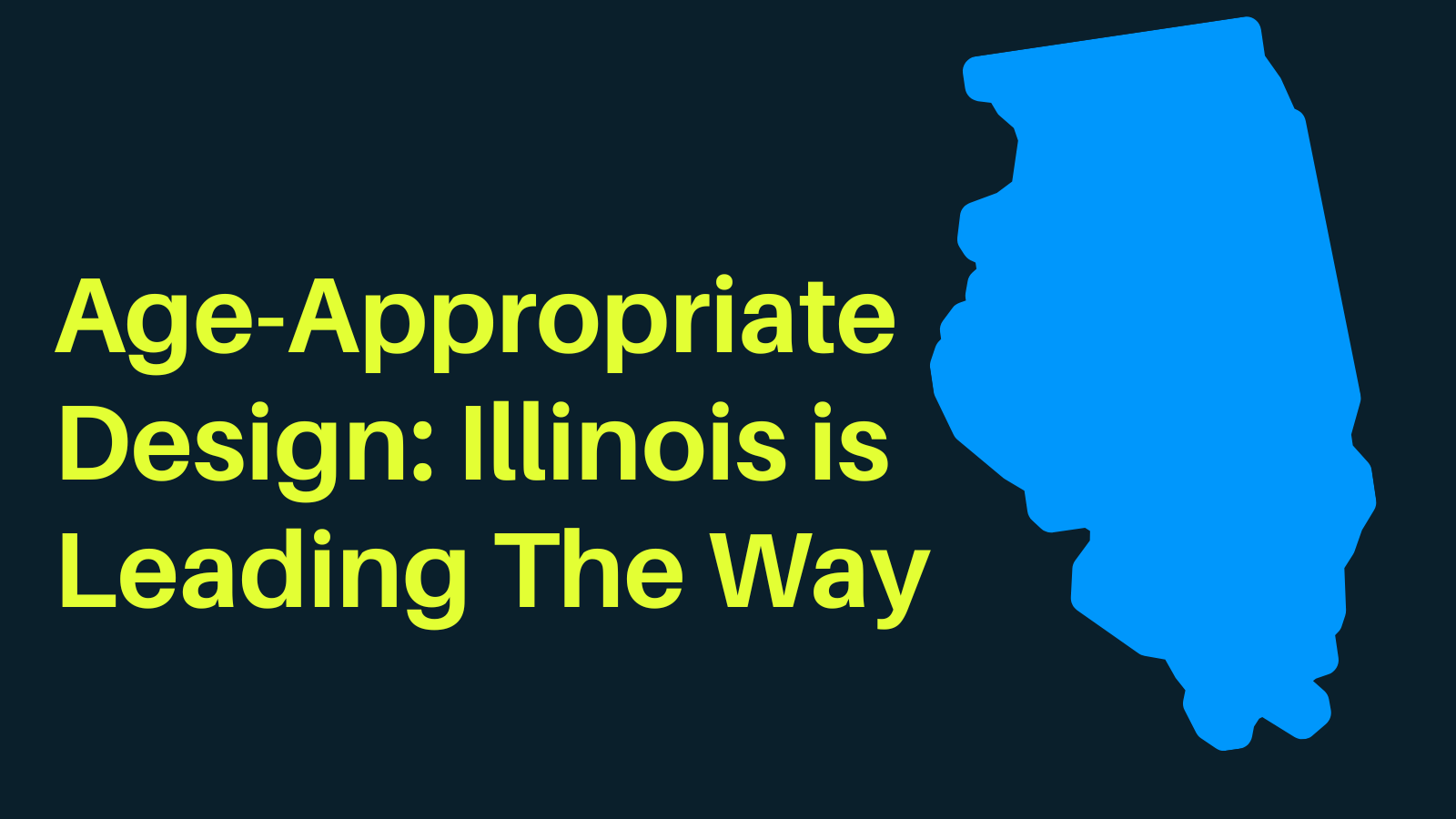When you think about how artificial intelligence (AI) could wreck the world, what do you think about? It’s not hard – Hollywood has spun up plenty of AI-driven apocalypses and dystopias.
Maybe you muse about a nightmare like The Matrix or Westworld where we’re manipulated by machines. You could think of Terminator-esque trouble where the world is destroyed by AI-controlled super weapons. Or perhaps a hellscape where our hearts, and very humanity, are twisted by AI assistants like in Her.
But we don’t need to fantasize about a world where AI is endangering society. We’re living in it.
From hiring screening algorithms to social media algorithms to chatbot driven search tools, AI technologies are creeping into every aspect of our lives. And this increasing ubiquitousness comes at a huge toll to the environment.
One of the biggest world-ending scenarios that AI is fueling is one that we’ve known about for decades: climate change. The core issue is that AI requires a massive amount of computing power, which requires massive amounts of energy and clean water. For example, one ChatGPT request is the equivalent of pouring out a bottle of water and powering a standard household light bulb for 15 minutes. If you multiply that by possibly billions of requests a day, you can start to see the price our planet pays to power AI.
Partnering with Piedmont Environmental Council, the VA Chapter of the Sierra Club, and other local groups in Virginia, we explored some of the consequences of AI’s insatiable thirst for energy in Virginia:
And this is just the tip of the (melting) iceberg. To learn more about AI’s effects on the climate crisis, we spoke with Michael Koo from Friends of the Earth. You can read our Q&A with him below:
Why is AI contributing to the climate crisis?
AI contributes to the climate crisis in two distinct ways. First, it requires massive amounts of energy to train and utilize AI systems like ChatGPT. And second, it is threatening to fracture the information ecosystem to make disinformation even worse than it is already.
The energy use of artificial intelligence systems is higher because, for example, an average query on Google search takes about 10 times as much energy when it’s a ChatGPT query. This is because the search is using generative processing, not just simply returning cached results as Google’s search engine has always relied upon. The training of the models requires more and more data – from the first GPT-3 to GPT-5. Early models cost under a million dollars worth of training processing, but the latest models are looking like they might cost 5 to 10 billion dollars. All that training is a whole bunch of computer power and as the models get bigger — which is the industry’s current strategy — you’re going to be necessarily using much more energy to train the baseline model.
Why isn’t AI power coming from clean energy sources?
The hard reality is that we already don’t have enough clean energy in America. There’s no giant reserve that’s just waiting to feed a ton of new data centers. So when Silicon Valley tech giants talk about a giant increase in energy use, they’re going to have to come up with their own new clean energy sources and that seems very unlikely. On one hand, they have very concrete and expanding energy needs; on the other, they have pie-in-the-sky plans to have a breakthrough in nuclear fission. This problem getting worse is one of the few sad guarantees we have for the future.
What do you have to say to folks who claim AI is helping fight climate change?
It’s a great question because certainly the purveyors of artificial intelligence talk about saving the planet in most of their pitches. But in truth, if you look at the different things that people say AI will do, very few of them are actually about reducing energy. Some are things like tracking species decline or Paris Agreement commitments or even tracking extreme weather. All these things are actually documenting climate change, not stopping it. The only area that does fall into that category are energy reduction and mitigation strategies. And within that, there’s some tiny amounts of promise, but even those are embedded in a darker overall environment.
So for example, Google data centers have used AI to reduce energy consumption by 20%. This is obviously a good thing. They brag about it in their sustainability reports. The problem is that data centers themselves are slated to quadruple in the US by 2030. So if you get a small reduction in actual consumption per data center, multiplied by a massive expansion in the number of operations, what you get is a massive net increase in carbon.
Major players like Google and Microsoft have climate pledges to reduce and even eliminate carbon emissions. What are they doing about their AI technologies’ huge energy uses and effects those have on climate change?
Both Google and Microsoft have the problem where their rhetoric is hitting the wall of their actions. They say that they want to go carbon neutral, but all of their practices are going in the exact opposite direction, and it’s going poorly in a number of different ways. One is just the massive increase in energy use discussed earlier. The second one is that some of the primary users of AI technology are the fossil fuel industries themselves. So when we think of AI for good, we need to remember there is also AI for bad, which is using it to speed up the production of fossil fuel extraction.
And as we see from recent stories, Exxon and the fossil fuel industry were some of the first major industries to buy AI services and use them to make their operations more productive, which is the opposite of what we would like them to be.
What can our supporters do to address AI’s harmful effects on climate change?
This is a systemic problem that cannot be solved with an individualistic solution. We need to take collective action to bring the same kind of regulations on the AI industry that we expect of every other industry in America so that their products are safe, that their processes are transparent, and that if things go wrong, they’re held accountable.
This is what we expect every time a plane goes down or a sausage has E. coli in it. We expect the initial guarantee that products are safe, and if they’re not, they’ll fix it. That’s why we need a transparent system that allows you to detect any of these problems. And when there has been wrongdoing, victims must be compensated to have accountability.
Individuals need to push for these basic regulations on AI and the Big Tech industry to ensure we have a fair and open democracy.








